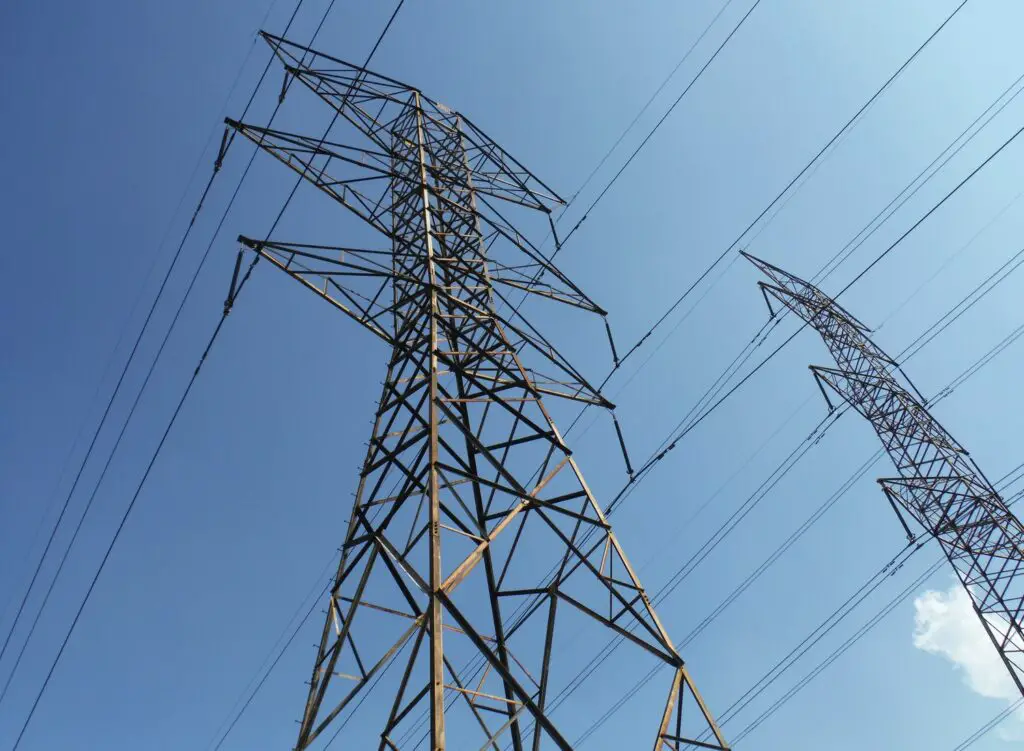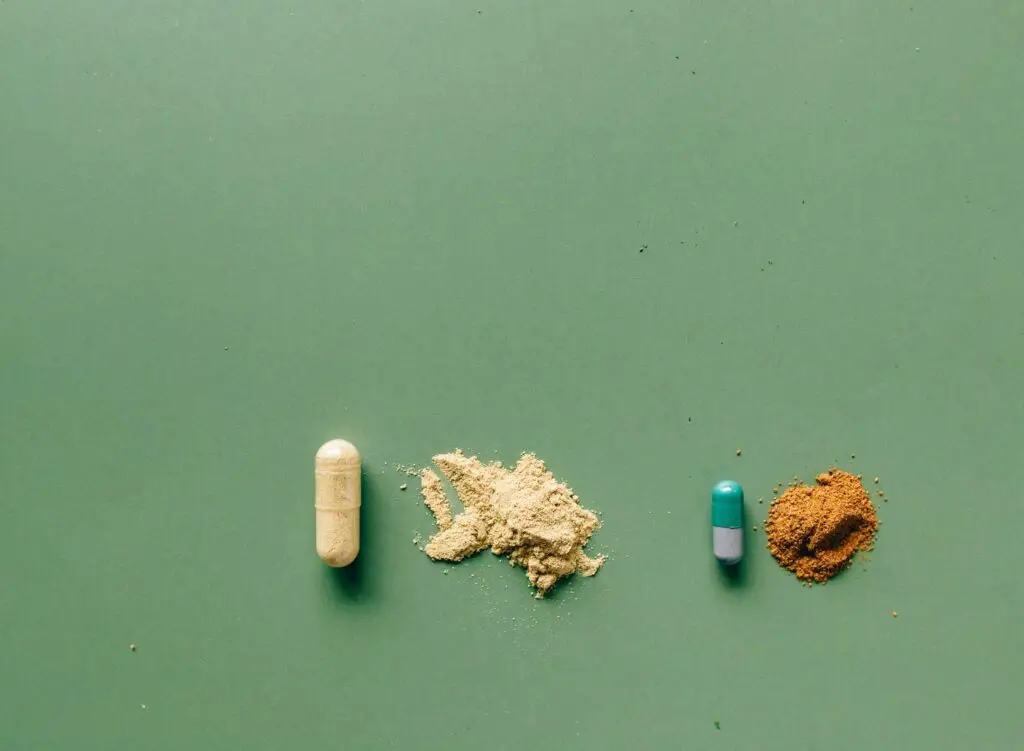Some links on this page may contain affiliate links which means that, if you choose to make a purchase using the link, Agricfy.com may earn a small commission at no extra cost to you. For more information, go to our Affiliate Disclosure Page!
Introduction
Are you truly making profits on your farm or I should mind my business?
When people say they made a profit after their harvest time and they are jumping up and down in the process misleading some newbies about how profitable the business they are in is. I ask them to see their record book and I see that they only deduct the basic expenses from the sales, I tell them instantly this is not your actual profit because you did not deduct so and so amount.
That is one of the reasons why I always tell people to have a record book on their farm, this will help you a lot from the stress of cracking your head when the time comes to do the books. I have an article in regards to that, you can read it HERE.
In case you don’t know some of the basic expenses to deduct from your sales are but are not limited to:
i. Cost of purchase: The first expense that you should deduct from your sales is the cost of purchasing your product (either fish seedlings or birds – point of lay/DOC). It should be the first thing that you should do without forgetting anything.
For example, if you’re running a fish farm, and on the 1st of March, you bought 30,000 pieces of juvenile, you should record it in your book. If after some days you bought another set of fish, you should record as well. If a discount was given to you by the seller, make a note of it for further reference.
ii. Feed: The second expense you should always record in your book is the feeds purchased. Every time you purchase a new set of feed, it should be recorded immediately without delay so you don’t forget.
One thing most people forget to record alongside the feed cost is the fee they used to transport the feed to the farm. Even if you have a farm truck/vehicle, you can still determine the fuel cost and add it to the cost of feed.
Little details like this shouldn’t be left out of your record book.
iii. Labour: The next important item that should be on your record book is the Labour cost. I’m very sure you have at least one staff that does something for you on the farm. Even if you don’t have any that you pay regularly, you will have a casual staff that runs errands for you whenever need be.
This shouldn’t by any means be excluded from your record book at the end of your production cycle.
iv. Fuel: This is very another common expense that is always treated in the record book. Some farmers in Africa where there are no lights run on alternative power supplies like a generating set to carry out the day-to-day activity of the farm. In this case, the amount that you spend on fueling the generating set for the production cycle will be deducted from sales made.
Although most people forget to add this cost to their list of expenses and deduct it from their sales which means not doing this will result in their returns shooting up.
There are other expenses that should be included in your record book before you could determine whether or not you made a profit during your production cycle.
Hidden Expenses You Should Know About And Deduct From Your Profit
Beyond the four expenses that have been mentioned in the upper part of this article that is common and well known by almost all farmers, I have noticed there are hidden expenses you should know as a farmer and which you MUST deduct from your sales at the end of the production cycle.
These costs/expenses are what people usually overlook most times and this tells majorly on their belief in making money. From my experience in consultation, most farmers are not making a profit but are just breaking even and they are not telling themself the truth.
These expenses are not limited to the ones mentioned below and it is in no particular order.
Electricity Cost

First, on the list of hidden expenses, you should know is the electricity cost. I know you are reading this and rolling your eyes like WHAT? How do I deduct electricity cost from my sales when I have deducted fuel from my profit?
Well, you have to do so even if you are running your business in your backyard.
In my early days as a farmer, I never knew this so I always believed I make a profit whereas I’m only breaking even or sometimes making a loss.
Take for example you are running your business at home, and you are using the same light for that of the farm, you will have to do some calculation (more like an estimate) of how much light you think you will be using on the farm every month for the period of production and add it to the expenses for the period.
This might not be accurate but you sure know that you have a percentage of the electricity covered and with this, you will know the true reflection of your account.
Transport

Next on the list of expenses you should know about and probably deduct from your sales for the period is transportation cost.
Yes, TRANSPORTATION cost. Where am I going or where are my staff going that I will deduct their transport from my sales. Well, most people including YOU go out and buy feed, medication, or something for the farm but you forget to add this expense to the books.
Every time you buy anything for the farm it’s useful for that production cycle, you have to add it to your expenses for that period.
I know you are thinking I have a farm vehicle which I use for this purpose, yes I know but how many times after you buy fuel for the vehicle for feed purchase that you add it to the books.
Do your staff even know this should be added? I’m very sure they don’t know. That is why it is very good to go through training before you even start your farm.
Every tiny amount spent on transportation should be expensed in the books every day, week, or month till the production cycle ends.
Repairs/Maintenance Cost
Another cost that you should know about is the repairs and maintenance fee.
Every maintenance and repair carried out on the farm during the given production cycle should be recorded in the books.
Take, for example, you are a poultry farmer, and the cage in which the birds are in gets damaged and can be repaired, whatever amount you spend to do this should be recorded without holding anything back.
What if the said equipment repaired will last for a very long time, how do you that? Well, what you will do is prorate the amount over a period of time. It might be difficult to determine the actual year the equipment will be for but I will say you prorate the amount for a minimum of 5 years.
With this, you are deducting every amount spent on equipment from your sales every production period.
Consultation Fee
Next on the list of expenses, you should know about and record in your account books is the consultation fee.
Whether it is a virtual consultation or physical consultation, the amount spent should be deducted from your sales at the end of the period.
This cost can be deducted once or prorated over a specific period but I will advise you to deduct any training/consultation fee once from your sales at it is majorly always peculiar to that said period.
Medication and Vaccination

Another expense you should know as a farmer is medication and vaccination costs.
Many times the amount used to purchase drugs or vaccinate animals is not always included in the account book under expenses thereby reflecting a not true value of the amount realized after-sales.
For example, if you have a fish farm, and you buy salt, or other medicine to treat your sick fish at a particular time, you need to add it to your expenses even if the said fish eventually die.
Rent
Next on the list of expenses you should know about and account for is RENT.
This particular expense will bring some controversy but it must be accounted for even if you’re not paying rent.
For those that rented space to start a particular business, it is easy for them to calculate their rent by each production period so they could add it to their expenses. But for someone that owns their space for farming, it might be difficult to calculate their rent.
It is not possible, what you could do to get a near close figure for rent is ask around your location to determine the amount they pay for renting/leasing land and use that figure. It might not be the actual figure but something similar so that it will seem as though you are paying rent.
WHY will I be paying rent on my own space? It gives you as a farmer a sense of responsibility in the long run. If something goes wrong in the future, you will know how to manage things and work whatever it is out.
One way to keep money aside is by investing the said rent in a separate account that can be used for something tangible on the farm.
Gifts and Donations

Another expense you should know about is gifts and donations.
Do you give your staff stipends or gift for doing something good during a production cycle? You have to record it in your books and deduct such an amount from your sales.
A lot of farmers gift people money, fish, birds, and so on during a production cycle yet do not account for such money in their books.
Some farmers rent casual workers during their harvest and after paying them, they gift them some more tips and these amounts don’t go into the record books, this should not be so.
If you’ve not been doing so, start now by recording every tip and donation made during a production cycle into your books.
Owner’s Salary

Are you supposed to collect a salary or stipend as the farm owner? the simple answer is YES.
Even though the amount you will collect at the end of the production cycle might not be much or even up to what other staff are collecting, you still need to pay yourself.
You don’t just dig your hand into the purse of the farm and take out whatever amount you want, you want to be accountable for every penny spent as the farmer.
So, decide on a particular percentage that you will be collecting and stick to it.
NOTE: When you make a loss, you will be responsible for it, so be moderate in whatever you do.
Startup Cost

Last but not least the expense you should know about and deduct from your profit is the start-up cost.
I know these expenses might not be easy to calculate and deduct from your profit but it isn’t possible.
Just like I have mentioned earlier in the article, one way to calculate the start-up cost is to prorate over a period of a minimum of 5 years and deduct the amount you arrived at from the sales at the end of each production cycle.
Conclusion
The hidden expenses you should know about are beyond the ones mentioned above, there are so many things that are involved in running an agribusiness.
You need to factor inflation into your expenses as well as other things that might possibly skip your mind that is why for every cost estimate I give out, I make provision for miscellaneous expenses of around 5%.
The percentage (5%) is usually off the total cost that you can remember penning down. You are going to add it to the cost before you now deduct it from your revenue.
So when next you sell your livestock at the end of your production cycle, before you jump around and tell everybody how well you made 100% profit, make sure you deduct the above-mentioned expenses from your sales.
This will test how well you’re running your farm. I will like to know in the comment section if there are some other expenses that every farmer should know about.
Go out and make everyone proud. CHEERS to your success.


It’s hard to find knowledgeable people on this topic, but you sound like you know what you’re talking about! Thanks
I’ve been surfing on-line more than three hours these days, yet I by no means discovered any fascinating article like yours. It’s lovely value enough for me. In my view, if all web owners and bloggers made just right content as you probably did, the net might be much more helpful than ever before. “Dignity is not negotiable. Dignity is the honor of the family.” by Vartan Gregorian.
I like this post, enjoyed this one thankyou for putting up.
Have you ever thought about including a little bit more than just your articles? I mean, what you say is fundamental and everything. But just imagine if you added some great images or video clips to give your posts more, “pop”! Your content is excellent but with pics and clips, this site could definitely be one of the very best in its niche. Very good blog!